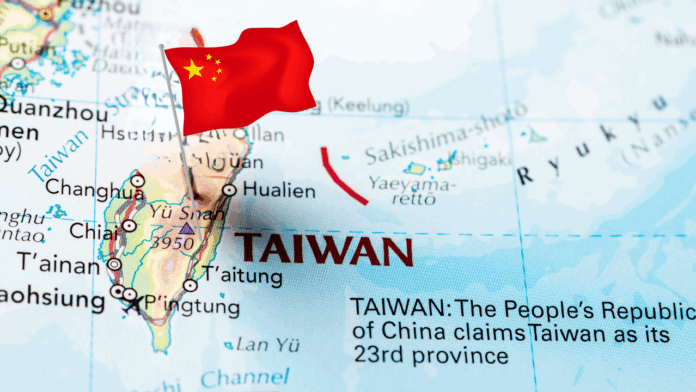A statement from the head of the Armed Forces of the Philippines (AFP) raised both alarm and said the quiet part out loud, prompting Filipinos to ask: Are we ready for any form of armed conflict in the Asia-Pacific region? And will the Philippines be able to evacuate Overseas Filipino Workers (OFWs) from conflict zones quickly enough?
On April 1, 2025, AFP Chief of Staff General Romeo Brawner Jr. ordered the Northern Luzon Command (NOLCOM) to begin planning for Non-Combatant Evacuation Operations (NEO) in Taiwan. With around 250,000 Filipino migrant workers employed in manufacturing, caregiving, and electronics, the general highlighted a warning that “if something happens to Taiwan, inevitably we will be involved.”
Regional defense assessments estimate that China could have the military capability to invade Taiwan by 2027 – a timeline that has been cited by U.S. Indo-Pacific Command officials and Taiwan’s former defense minister.
The Philippine government has framed its actions as precautionary. Executive Secretary Lucas Bersamin emphasized that the evacuation planning directive does not indicate an imminent threat, but seeks to avoid being caught off guard.
Bersamin called for calm and reiterated the importance of preparing for any scenario involving regional conflict.
Civilian agencies such as the Department of Migrant Workers (DMW), Overseas Workers Welfare Administration (OWWA), and Philippine diplomatic posts in Taiwan continue to monitor the situation closely. Authorities, meanwhile, have increased their efforts to safeguard the welfare and safety of OFWs through these diplomatic missions. These agencies maintain contact with Filipinos in Taiwan, update worker registries, and prepare emergency assistance in case evacuation becomes necessary.
The Philippine government is also coordinating with the Department of Foreign Affairs (DFA), the Department of Transportation (DOTr), and other relevant agencies to evaluate the readiness of Philippine airports and seaports for potential mass repatriation. Coordination with international partners, especially in East Asia and ASEAN, is also a key strategy to ensure smooth processing and reintegration for returning Filipinos.
AFP and government officials confirm that contingency plans for Taiwan-based OFWs are ongoing and regularly reviewed to adapt to new developments. The Philippine government continues to monitor the China-Taiwan situation closely and remains focused on ensuring the safety and rapid evacuation of Filipinos in the event of conflict.



